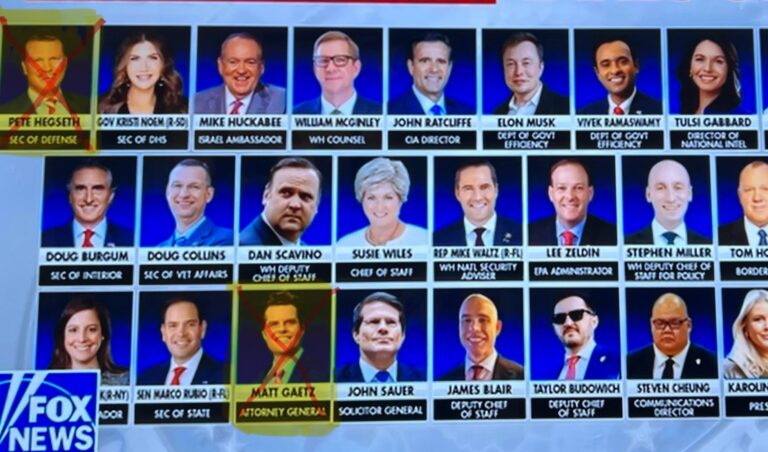Grant Cardone, a prominent entrepreneur and real estate investor, has been vocal about his critiques of California’s policies, particularly concerning taxation, business environment, and housing affordability. While he has not held public office or formally proposed a comprehensive policy platform, his public statements and business practices suggest several alternative solutions he might advocate for if he were to assume a leadership role in California.
Taxation and Economic Policy
Cardone has consistently criticized California’s high state income tax rates, arguing that they drive businesses and high-income earners out of the state. He relocated his businesses from California to Florida, citing the latter’s lack of state income tax as a significant factor. As governor, he might propose reducing or eliminating state income taxes to retain and attract businesses and affluent individuals.
Cardone emphasizes the importance of a favorable business climate. He has expressed concerns that high taxes and stringent regulations stifle business growth. To address this, he might advocate for deregulation and tax incentives aimed at fostering entrepreneurship and attracting new businesses to the state.
Housing and Real Estate
Cardone has criticized proposals like Vice President Kamala Harris’s plan to provide $25,000 in down payment assistance to first-time homebuyers. He argues that such measures could lead to increased housing prices, benefiting sellers and builders rather than buyers. Instead, he suggests that increasing housing supply is a more effective solution to affordability issues.
Given his background in real estate, Cardone might propose policies that encourage the development of affordable housing. This could include offering tax incentives to developers, streamlining permitting processes, and reducing regulatory hurdles to increase the housing supply and address affordability concerns.
Public Safety and Governance
While specific statements from Cardone on public safety are limited, his business philosophy emphasizes accountability and results. As governor, he might advocate for stricter law enforcement policies and reforms aimed at reducing crime rates and improving public safety.
Cardone has highlighted the importance of fiscal responsibility. He might propose audits of state programs to eliminate wasteful spending and ensure that taxpayer dollars are used effectively, potentially reallocating funds to critical areas such as infrastructure and education.
Education and Workforce Development
Cardone often underscores the value of practical skills and entrepreneurship. He might advocate for educational reforms that focus on vocational training, financial literacy, and entrepreneurship to better prepare students for the workforce and stimulate economic growth.
Addressing Homelessness
Recognizing the complexity of homelessness, Cardone might propose a multifaceted approach that includes mental health services, job training programs, and affordable housing initiatives. His emphasis on personal responsibility and empowerment could translate into policies that encourage self-sufficiency among the homeless population.
It’s important to note that while these potential solutions align with Cardone’s public statements and business practices, they are speculative and not part of an official policy platform. Implementing such changes would require navigating the complexities of state governance, including legislative approval and public support.




